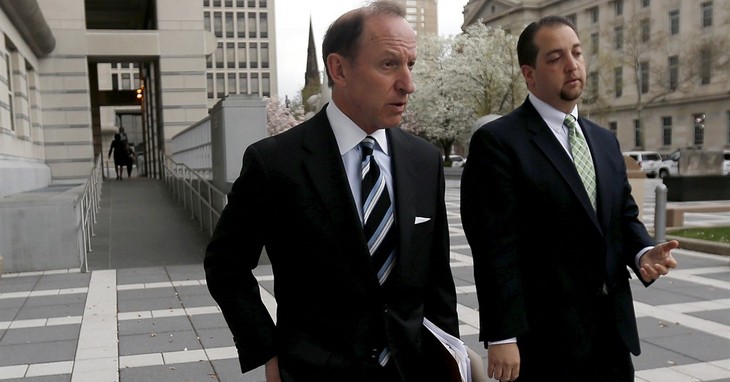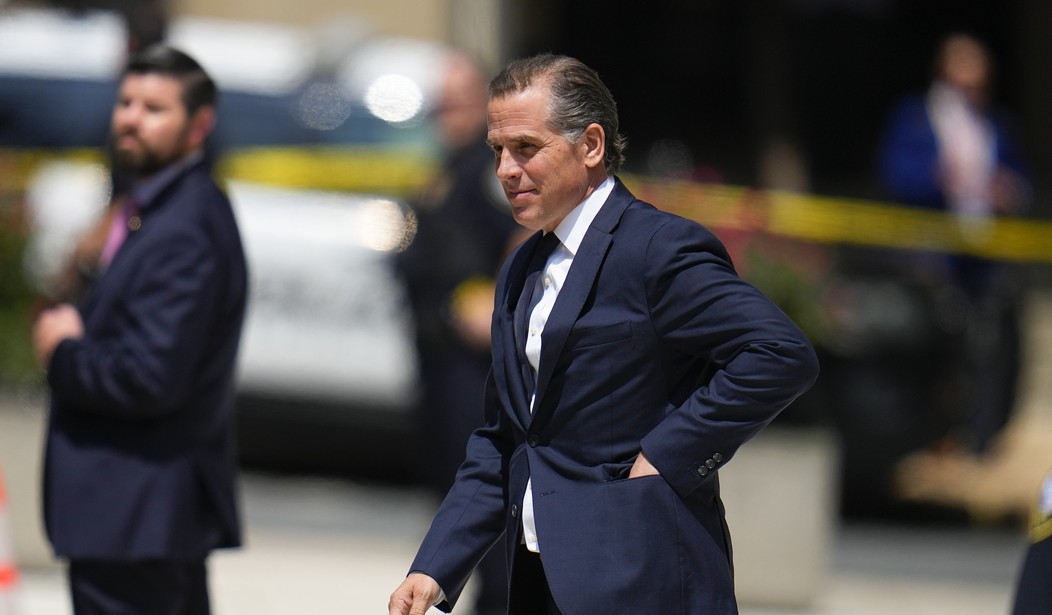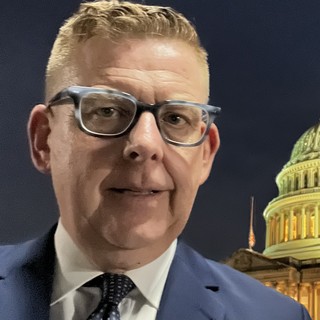A former assistant district attorney for the Eastern District of Missouri and a Republican candidate for that state’s attorney general office told RedState in an exclusive interview that lost in the legal commotion in R. Hunter Biden’s botched plea deal hearing was the warning from a member of Biden’s legal team to the Delaware U.S. Attorney David C. Weiss and his team.
“Abbe Lowell freaked out, according to my buddy in the courtroom,” said Will Scharf, who also worked as a staffer supporting the Supreme Court confirmations for justices Brett M. Kavanaugh and Amy Coney Barrett.
Lowell is a legendary criminal defense lawyer brought in by clients in the worse peril. He first came on the national stage as a member of President William J. Clinton’s impeachment trial defense team. Later, among his rogues’ gallery of clients were: Gary Condit, the California Democratic congressman suspected of murdering his staffer Chandra Levy, Speaker Jim Wright (D.-Texas), Rep. Dan Rostenkowski (D.-Ill.), conservative operative Jack Abramoff, and Jared Kushner.
Lowell’s outburst came when federal Judge Maryellen Noreika asked Assistant U.S. Attorney Leo J. Wise if the government was foregoing future prosecutions of Biden based on conduct known to the government, Wise said: No.

Scharf said that his courtroom source told him that Lowell was incensed and glared at the federal prosecutors when it was revealed that Biden would still be subject to violations of the Foreign Agents Registration Act and other charges—which Wise confirmed to the judge when he told her there were still ongoing investigations.
“Lowell stood up and made a commotion,” said Scharf, who earned his bachelor’s in history at Princeton.
“Then, apparently, he approached one of the DOJ lawyers and said: ‘I wasn’t involved in this case. Now, I am involved in this case.”
At issue was the diversion agreement between Weiss and Biden, he said. A diversion agreement is a private contract between a U.S. attorney and a defendant, where the defendant agrees to future conduct in exchange for a deferred prosecution—in effect, conditioned dropping of charges.
Biden’s jeopardy with deferred prosecution is that with a change of administration, the presidential son might find a new team of prosecutors eager to revoke his deal, which also extended the statute of limitations.
“I think the objective was ensuring that DOJ would not prosecute Hunter Biden now, or in the future, for a wide swath of offenses relating to what I consider to be, you know, a broad international criminal conspiracy,” Scharf said.
“That’s FARA, influence peddling, the money laundering, the whole story,” he said. “It appears that they were trying to shoehorn that non-prosecution or immunity agreement into this case.”
Scharf said he executed diversion agreements as a federal prosecutor. Yet, in his experience, training, or education, he had never heard of an agreement structured as Biden’s was.
The Biden agreement included language that gave Biden broad immunities from future prosecutions—language typically found in the plea deal, the graduate of Harvard Law School said.
While plea deals are public and approved by judges, diversion agreements are private and outside the purview of the courts, he said.
Both Weiss and the defense team had to understand there was a public perception problem, so they buried the non-prosecution language into the diversion agreement and then referred to the diversion agreement in the plea agreement, he said.
He said that by linking the two agreements, they attempted to get the judge’s backdoor approval of the non-public non-prosecution language.
“In the diversion agreement, they refer back to all the facts in the plea such that prosecuting Hunter would be impossible as long as he didn’t break the conditions of his probation in that diversion agreement,” Scharf said.
“If I’m not explaining it well, I apologize. It’s the strangest thing I’ve ever seen,” he said.
This is why Noreika balked at a constitutional problem because the linkage made the judge the arbiter of Biden’s conduct, not the Justice Department, he said. In that way, the judiciary branch would assume an executive branch function—an innovation the judge was not ready to validate.
Scharf said he wondered if, when the time came for Wise to vouch for the non-prosecution deal, he flinched or if he planned the whole time to continue investigating Biden regardless.
“Either Weiss’s team knew what they were signing away and then got cold feet, or Weiss’s team didn’t fully understand the interplay of these two documents,” Scharf said.
It could be that they did not realize what the interplay meant for Hunter’s future criminal liability–and therefore accidentally signed away much more than they thought they were,” he said.
“In no case does the US attorney’s office come out of this looking good.”













Join the conversation as a VIP Member